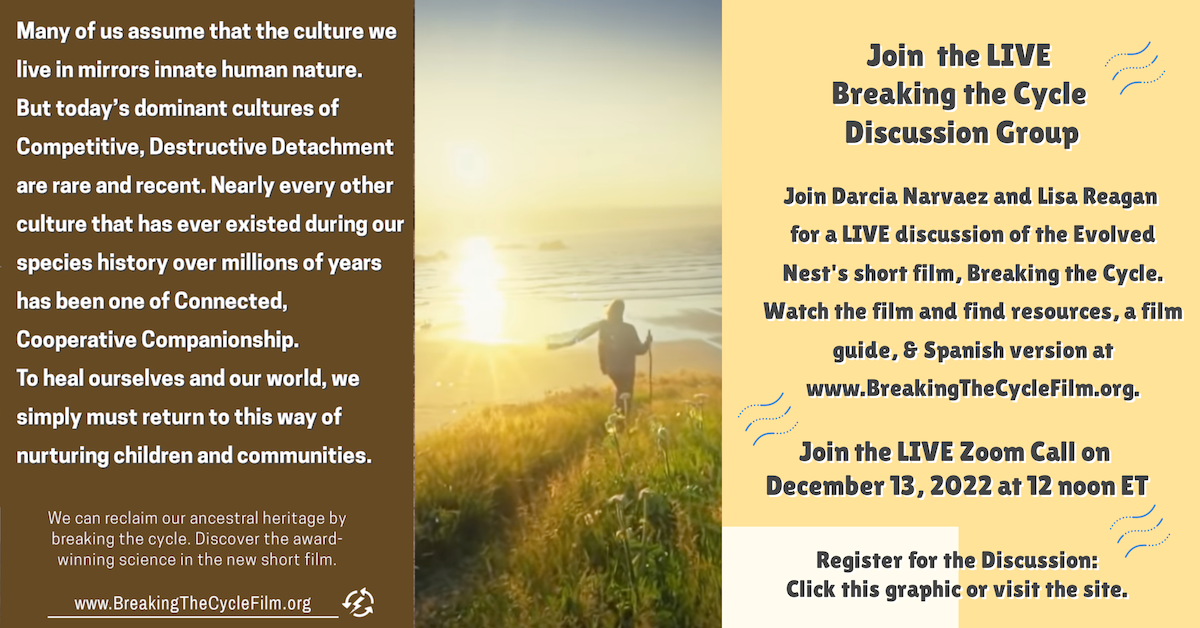Myths of Intelligence and Race
When I was growing up, my dad was caught up in the nature and labels of intelligence. When he was being socialized, eugenicists and clinicians were categorizing individuals (based on their inadequate, culturally biased tests) as idiots (intelligence of a two-year-old), imbeciles (intelligence of a 7-year-old) and morons (intelligence of an 8- to 12-year-old). My dad used to throw around these terms when he got frustrated with us kids, although nincompoop was his favorite term.
Intelligence (IQ) tests
Intelligence tests were not always about sorting people into groups. Alfred Binet, whose name is associated with the origin of intelligence tests, developed the first test to help determine educational placement of children in France. He explained that intelligence is highly varied and influenced by the environment. However, when IQ testing was imported to the USA, it was considered (mistakenly) as a single, unitary construct and used to categorize people into static groups, which became the norm.
This mistaken view of intelligence tests was taken up by psychologists desiring to make psychology a hard science. However, what intelligence is and how it matters has been in dispute ever since. Unfortunately, people who wanted to demonstrate that white people were superior to others latched onto pseudoscience with inadequate datasets to support their views. White supremacists tend to be very insecure and have to find ways to justify their superiority and distinctiveness to other groups. Race itself is actually a false construct. Biologically, there is only one human species or race.
The Deeper Fears at Work
Those who want to shut out from their privileges people they place in a different group have a deep sense of insecurity. They feel like “there is not enough” to share. Where does this feeling come from? I think the key source is unnested early life experience. Babies expect 24/7 physical comforting and presence of familiar caregivers, breastfeeding on request and general welcoming companionship. Many babies do not experience this evolved nest. Their sense of connectedness is broken. The feeling of despair that results either is internalized as “I am bad” or externalized “they are bad,” or both. A deep sense of grievance (unfelt grief and redirected anger) is carried forward and dominates views of the needs of others. There is an inner emptiness and a feeling being denied that is in a way accepted (I don’t deserve x) and projected to others (they don’t deserve x). As Dr. Jonathan Metzl noted, in his book, Dying From Whiteness, that as he traveled as a physician he heard from midwestern Americans that they did not want to receive health care insurance if ‘those people [Blacks, immigrants]’ were going to get it too. This attitude is part of a longstanding cultural stream encouraged early on by the wealthy to keep the non-wealthy from joining forces against them (Isenberg, 2016).
The Flynn Effect
The “Flynn Effect” (discovered by James Flynn) refers to the fact that IQ scores went up over the course of the 20thcentury. James Flynn himself realized that the only thing that increased was abstract problem-solving ability, the ability to answer hypothetical questions. Interestingly, this kind of thinking is rejected by those who live sustainably on the earth, outside of Western schooling (Luria, 1976).
Genetics or Epigenetics? Why is it importance to understand the difference?
Genetics in a popular sense refers to a static inheritance of genes from parents that largely determines not only a person’s physical appearance, but their personality and tendencies. Most of the previous sentence is misleading. The definition of genes is no longer static and no specialist can agree on what they actually are. Genes are inert without environmental input. Physical appearance, such as height, for example is affected by nutrition, love, and physical experience. Personality is shaped by early life experiences—e.g., a stressful gestation leads to more irritability; inconsistent early care is associated with various psychopathological outcomes related to early life stress. Epigenetics (“turning genes on or off”) is ongoing but especially important during early life when our physiological systems are co-constructed by an internal maturational schedule and external experience. The evolved nest provides the right kind of support for optimal epigenetic effects.
Does the Evolved Nest matter for IQ?
In terms of evolved nest components (soothing perinatal experiences, breastfeeding, affectionate touch, welcoming social climate, self-directed free play, responsive care, multiple responsive caregivers, nature immersion, routine healing practices), the only certain causal relations between a nest component and intelligence is breastfeeding. Although most studies of breastfeeding examine only three months of feeding differences, the effects are long term. For example, Deoni and colleagues (2013) examined the brains of 133 children who had been fed differently in the first three months of life: breastfed only, formula fed only, or mixed.
Breastfed children showed greater white matter development (myelination associated with speedier neuronal communication) in several brain areas including those associated with cognitive and behavioral performance.
What is intelligence really?
The notion of intelligence is complex and disputed. Since my degree is in educational psychology and I was a classroom teacher, the applied notions of intelligence interest me more.
One of the most famous educational psychologists, Robert Sternberg, criticized intelligence tests for measuring experience rather than something innate. Tests tend to be biased toward middle class experiences (e.g., parents reading books to a young child and asking them to point or name things in the book). Sternberg suggested instead a triumvirate set of intelligences: analytical, creative and practical. He made recommendations for how to teach these three forms of intelligence. Another educational psychologist, Howard Gardner, suggested a theory of multiple intelligences that includes the usual logico-mathematical and linguistic-verbal intelligences that schooling emphasizes, along with musical, bodily-kinesthetic (body in space), visual-spatial (“picture smart”), interpersonal (people smart), intrapersonal (self smart), and naturalistic (nature smart). Our ancestral context of nomadic foraging would have needed and developed all these intelligences.
REFERENCES
Deoni, S.C.L. Dean III, D.C., Piryatinksy, I., O’Muircheartaigh, J., Waskiewicz, N., Lehman, K., Han, M., & Dirks, H. (2013). Breastfeeding and early white matter development: A cross-sectional study. Neuroimage, Volume 82, 77-86. http://dx.doi.org/10.1016/j.neuroimage.2013.05.090
Isenberg, N. (2016). White trash. The 400-year untold history of class in America. NY: Viking.
Ronfani, Luca; Vecchi Brumatti, Liza; Mariuz, Marika; Tognin, Veronica (2015). “The Complex Interaction between Home Environment, Socioeconomic Status, Maternal IQ and Early Child Neurocognitive Development: A Multivariate Analysis of Data Collected in a Newborn Cohort Study”. PLOS ONE. 10 (5): e0127052. Bibcode:2015PLoSO..1027052R. doi:10.1371/journal.pone.0127052.
Strøm M, Mortensen EL, Kesmodel US, Halldorsson T, Olsen J, Olsen SF. Is breast feeding associated with offspring IQ at age 5? Findings from prospective cohort: Lifestyle During Pregnancy Study. BMJ Open. 2019 May 30;9(5):e023134. doi: 10.1136/bmjopen-2018-023134.





